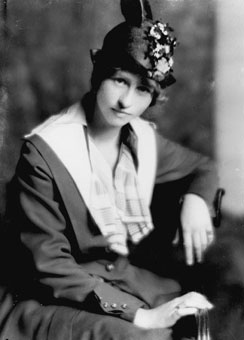 The way a crow
The way a crow
Shook down on me
The dust of snow
From a hemlock tree
Has given my heart
A change of mood
And saved some part
Of a day I had rued
Robert Frost (1874-1963) was an American poet and four-time Pulitzer Prize winner. He was publically renowned during his lifetime, and was one of the few well-known literary figures in America. The son of two teachers, he was exposed to great literature at an early age; but after the death of his father, his family left San Francisco and settled in Massachusetts. Though he grew up in the city, his poetry was famous for its reflection of rural landscapes, and capturing the realistic imagery and colloquial language of the northeastern countryside. Frost left Dartmouth College during his first semester, returned home to teach, and shortly afterwards, his first poem was published. He attended Harvard College as well, but left to pursue a career in writing. Later, after establishing his literary clout, he taught at Amherst and Middlebury Colleges.
“Dust of Snow” was published in the Pulitzer Prize-winning volume of poetry New Hampshire. Frost uses a conventional ABAB rhyme scheme and omits adjectives or adverbs in the poem. This style elucidates the simplicity of the everyday occurrence: a crow taking flight from a tree branch; but, most importantly, Frost shows how such an innocuous action has gravity for the narrator, giving him “a change of mood.” Frost’s uncanny ability to elicit deep-meaning with colloquial and basic language is in full display in this poem.
There is one word that Frost uses that pervades a certain meaning throughout the rest of the poem: hemlock. We associate hemlock poison with death, specifically the Socrates’s proverbial willful death. In the Phaedo, Socrates claims philosophy (the pursuit of wisdom) is ultimately a preparation for death. It is this recognition of death that inspires the narrator to have a change of heart: once he realizes he is condemned to death, his day takes on a whole new meaning. Moreover, the crow is a dark bird and a symbol for death, as well as the “dust” imagery—to dust we shall return. The narrator’s awareness of his coming death reignites a passion within his narrator’s heart, and “saves” his day from the indifference he possessed before. He is reminded that he should seize the day, since he only has so many.
This poem was originally published in Frost’s poetry collection New Hampshire, but is most commonly found in more modern collections of Frost’s poems which can be purchased on Amazon.


